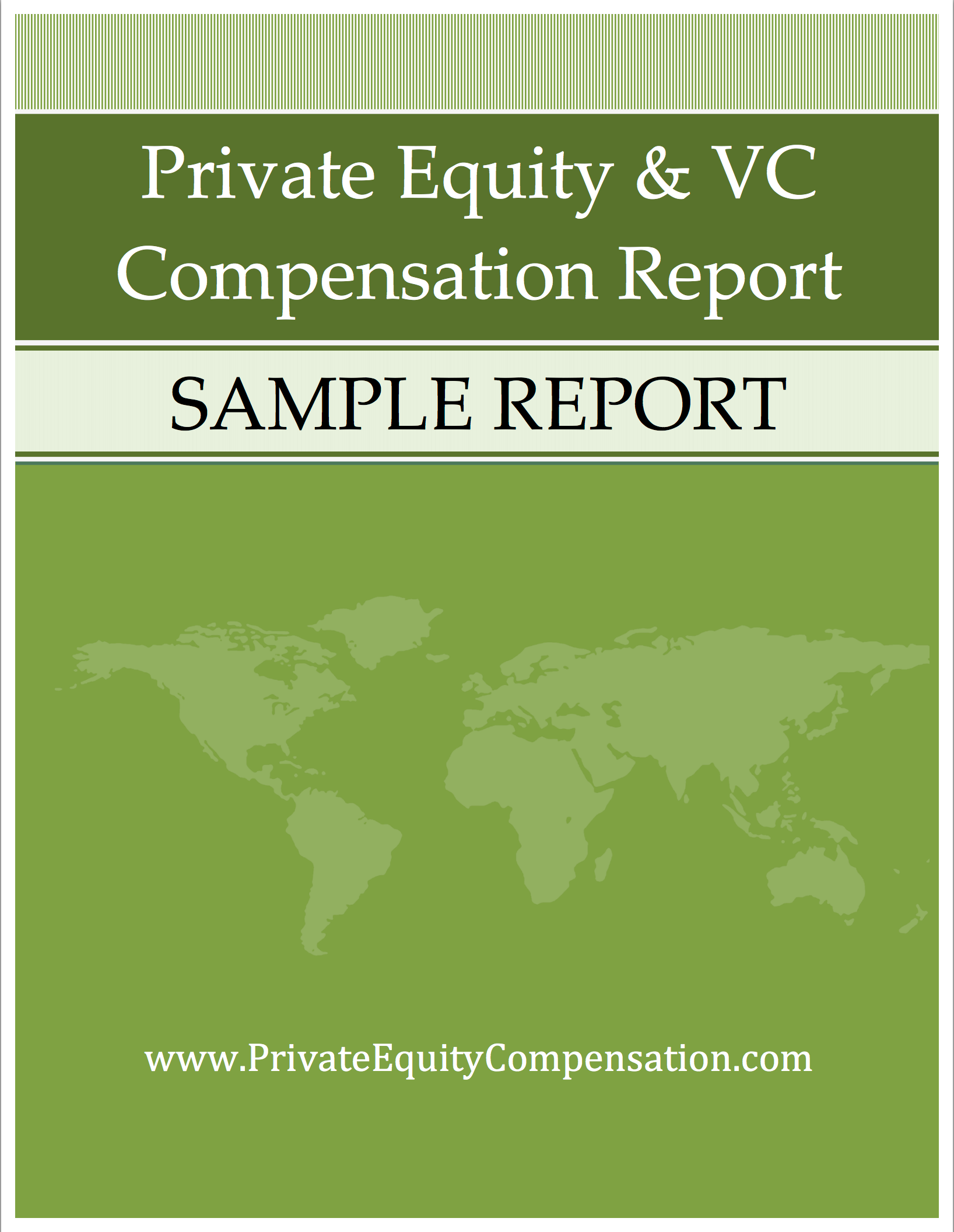Private Equity Incentive Pay Stronger for Execs
In both private equity and venture capital compensation, disparity remains a key trend when looking at average salaries by position level. While much of this difference is due to the increased responsibility, time commitment and required experienced level of higher level positions, structural differences in compensation also are a contributing factor. This is not a new trend in private equity nor the financial industry as a whole, as the top few individuals do tend to reap the majority of the rewards of a successful operation.
We also found the range of salaries is greatest in the higher levels of an organization. At the analyst level, the vast majority of individuals are paid within a 10 percent range of the average salary. This climbs at the associate level to a 28 percent range. Ultimately at the Managing Partner level, the range approaches 100 percent, with a great number of positive outliers.
Risk Based Compensation Higher amongst Firm Executives
The division between base compensation and bonuses is very clear between the upper and lower levels of a private equity or venture capital firm. At the analyst level, approximately a quarter of total compensation comes from risk based paid (bonuses). This climbs to nearly half of total compensation at the upper levels, from Managing Partners to Principals. In highly successful firms, those at the upper levels of the organization would see an overwhelming majority of their compensation coming from incentive pay.
Ability to Influence Firm Results Rests at the Top
The existence of more risk based pay for those at the higher levels of an organization should not be surprising. This is certainly not a trend unique to the private equity and venture capital industries, but rather exists across the board. The reality is that top executives generally have more ability to influence the results of the organization, whether through setting sound investment and portfolio management practices or through business development activities.
In the early stages of fund development, these executives generally have sacrificed a great deal of compensation, leaving high paying positions as experienced industry professionals for uncertain outcomes in small startup funds. Accordingly, higher compensation once the firm enjoys success remains an important incentive for those moving to upstart firms.
While it’s true that most analysts and associates don’t enjoy large scale payouts like firm executives, junior members of an firm that do have a substantial impact on firm results are also generally well compensated for their efforts, or even see promotion.

